
Do Rising Top Income Shares Affect the Incomes or Earnings of Low and Middle-Income Families?
Recommendation
Economic researchers Jeffrey P. Thompson, an economist at the Federal Reserve Board, and Elias Leight, a scholar at Princeton University, approach the question of income inequality in a novel way. Rather than focusing on whether widening income gaps influence overall economic growth – the query driving much of the existing literature, with conflicting results – they set out to determine whether top earners’ increases have an impact on the incomes and standard of living of middle- and lower-income groups. Their original analysis of US data gathered at the state level included multiple variables – like educational achievement, union membership and unemployment rates – over varying time periods. The authors are quick to remind readers that this topic is simply too complex to yield broad declarations on the basis of one study and that policy makers need more data to make decisions. Nonetheless, getAbstract recommends this paper to economists, policy makers and sociologists interested in how rising incomes among the top group help or hinder outcomes for the rest of society. This work is a helpful step in exploring whether the rich are getting richer while the poor (and middle class) are getting poorer.
Summary
About the Authors
Jeffrey P. Thompson is part of the Microeconomic Surveys Section of the Federal Reserve Board. Elias Leight is a doctoral candidate in politics at Princeton University.








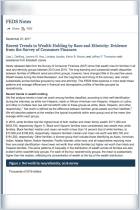
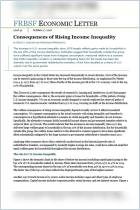
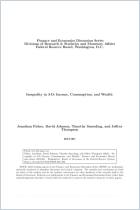
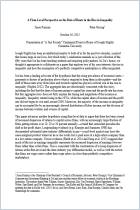
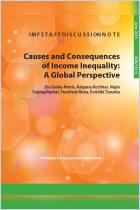
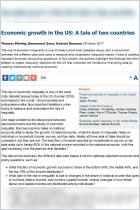
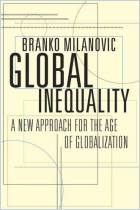



Comment on this summary or Start Discussion